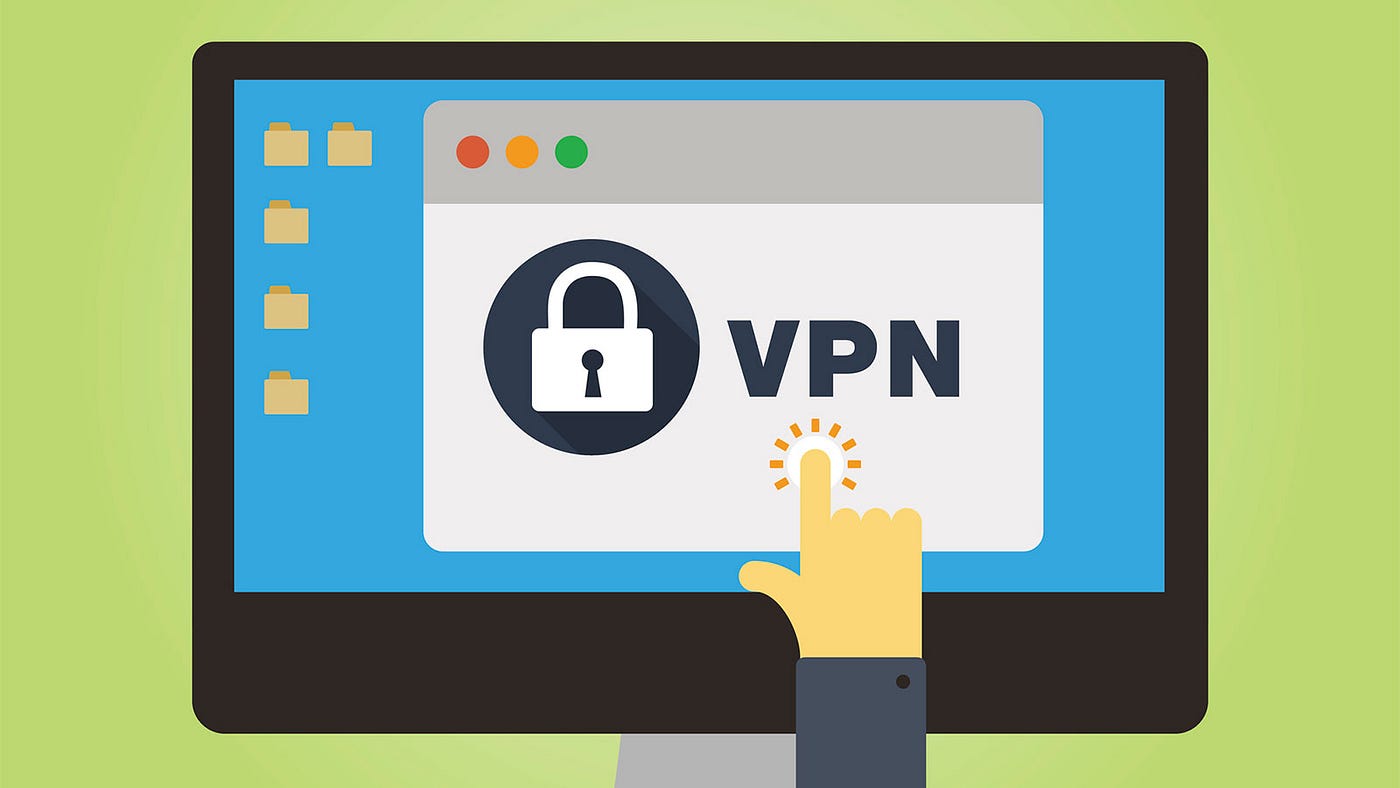How VPNs Work: A Closer Look at Virtual Private Networks
 In our increasingly interconnected world, concerns about online privacy and security have become paramount. Enter Virtual Private Networks, or VPNs, a technological solution that allows individuals and organizations to protect their internet activities. But how do VPNs work, and why are they essential in the digital age? This article will provide a comprehensive overview of VPNs and shed light on their inner workings.
In our increasingly interconnected world, concerns about online privacy and security have become paramount. Enter Virtual Private Networks, or VPNs, a technological solution that allows individuals and organizations to protect their internet activities. But how do VPNs work, and why are they essential in the digital age? This article will provide a comprehensive overview of VPNs and shed light on their inner workings.
Understanding the Basics
A Virtual Private Network, or VPN, is essentially a secure tunnel that connects your device to the internet. This tunnel encrypts the data that flows through it, making it virtually impossible for anyone to intercept or decipher the information. This technology serves two primary purposes:
1. Anonymity: VPNs mask your IP address, making it difficult for websites and online services to track your online activities. This enhances your privacy by preventing advertisers, hackers, and even your Internet Service Provider (ISP) from monitoring your internet usage.
2. Security: VPNs encrypt your data, safeguarding it from potential threats on public networks. This is especially crucial when using public Wi-Fi, which is often a hotspot for cyberattacks.
The Key Components of a VPN
1. Client: You, the user, need a VPN client, which could be a dedicated app, software, or a hardware device. This client initiates the connection to the VPN server.
2. Server: The VPN server is a remote computer or network operated by the VPN service provider. It is the endpoint of the secure tunnel. The server is where your data becomes encrypted and your IP address is masked.
3. Tunneling Protocol: VPNs use tunneling protocols to establish and maintain the secure connection. Common protocols include OpenVPN, L2TP/IPsec, and IKEv2/IPsec. These protocols determine how data is encapsulated and encrypted.
4. Encryption: Encryption is at the heart of how VPNs work. It ensures that data transmitted between your device and the server is scrambled, making it unreadable to anyone who intercepts it. Typically, VPNs use strong encryption methods, such as AES (Advanced Encryption Standard), to protect data.
The VPN Connection Process
1. Authentication: When you connect to a VPN, you need to provide credentials (username and password) to verify your identity. Some VPN services offer two-factor authentication for added security.
2. Tunnel Establishment: Once authenticated, the VPN client and server use the selected tunneling protocol to establish a secure connection. This involves creating a virtual tunnel through which your data will travel.
3. Data Encryption: Your data is now encrypted. This means that even if a hacker intercepts the data while it’s in transit, they won’t be able to make any sense of it.
4. IP Address Masking: Your IP address is replaced with the IP address of the VPN server. This is a key component of how VPNs provide anonymity, as websites and services will only see the server’s IP address, not yours.
5. Secure Data Transmission: Your encrypted and anonymized data is then sent over the internet to its destination. Whether you’re browsing the web, streaming content, or accessing a company’s intranet, all your data is secured.
6. Decryption and Access: At the VPN server’s end, your data is decrypted and sent to its intended destination. The website or service you’re accessing sees the VPN server’s IP address, not yours, ensuring your online anonymity.
Choosing the Right VPN Service
There is a wide array of VPN service providers available, each with its own features and pricing. When selecting a VPN, it’s important to consider the following factors:
1. Security: Look for providers that use strong encryption and have a no-logs policy, which means they don’t store your online activities.
2. Server Locations: Consider the number and locations of servers offered by the VPN service. More server locations can provide faster connections and access to geo-restricted content.
3. Speed and Performance: Some VPNs can slow down your internet speed. Research the provider’s speed and performance, especially if you plan to use it for streaming or gaming.
4. Device Compatibility: Ensure the VPN is compatible with the devices you plan to use, such as Windows, macOS, Android, iOS, or routers.
5. Customer Support and Reputation: Reliable customer support is crucial in case you encounter issues. Additionally, read reviews and consider the provider’s reputation for trustworthiness.
Conclusion
Virtual Private Networks, or VPNs, are a vital tool for maintaining privacy and security in an age where our digital footprints are increasingly significant. They work by creating a secure and encrypted connection between your device and a remote server, masking your IP address and protecting your data from prying eyes. When selecting a VPN service, it’s essential to weigh security, performance, and compatibility, among other factors, to find the one that best suits your needs. Whether you’re safeguarding your online privacy, accessing geo-restricted content, or enhancing your security on public Wi-Fi, understanding how VPNs work and selecting the right provider can significantly enhance your digital experience.






























































